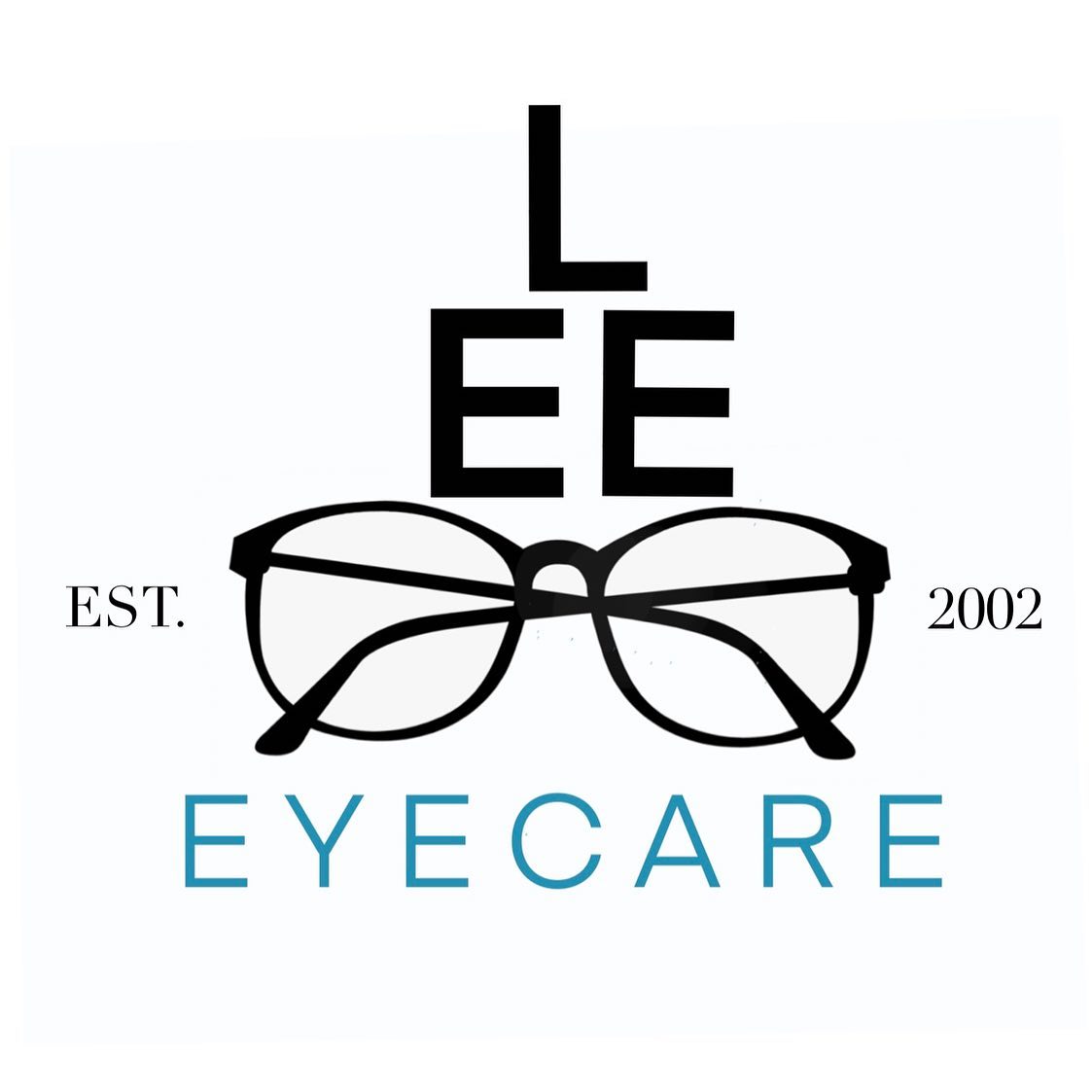Faqs
DO YOU HAVE MORE QUESTIONS
Frequently Asked Questions About Eyecare
-
How often should you get your vision checked?
The optimal frequency of your vision exams depends on your current eye health and age. People with pre-existing eye conditions should speak with their optometrist about an appropriate schedule for eyecare appointments.
Those without pre-existing eye conditions may want to schedule optometrist appointments at intervals determined by their age:
- Once every three to five years in your 20s and 30s
- Once every two years in your 40s and mid-50s
- Once every year after the age of 55
-
Are optometry appointments really that important?
Yes. People who have perfect or near perfect vision frequently neglect their eye health because they assume optometry is just for people who need glasses or contacts. That’s not the case.
Your optometrist checks for a variety of potential conditions that might negatively affect your vision and eye health. There are some health issues that cause side effects and symptoms that affect a person’s eyes, including diabetes, some cancers, MS and cardiovascular disease. Seeing an eye doctor might give you early warning of serious health problems that affect more than just your vision.
-
Can’t I just go visit an optician?
There are several different types of professionals in the field of eye health. Opticians are not doctors, but they are trained to fit and make lenses. An optometrist might work with an optician to ensure their patients get the best possible eyeglasses or contacts for their needs, but opticians aren’t necessarily experts in diagnosing eye health issues.
Optometrists have doctorates and are dedicated to performing comprehensive eye exams, including diagnosing eye diseases and writing prescriptions for eyeglasses and contacts. If you want to stay on top of your eye health and ensure you have the right prescription for your vision needs, you should see an optometrist.
-
Do I suffer from digital eye strain?
If you work in an office and stare at a computer all day and you’re starting to experience unexplained headaches, migraines or nausea, you might be suffering from digital eye strain. The good news is an optometrist can prescribe prescription eyewear and provide a symptom prevention plan that can allow you to safely do your job without compromising your vision, health or comfort.
You may also want to ensure you’re sitting far enough away from your screen (at least an arm’s length), that the font size on your screen is large enough to read without strain, and that the overhead lighting in your office isn’t contributing to screen glare.
-
What are the signs of cataracts?
You should get your eyes examined if you ever notice a perceptible dimming, blurring or clouding of your vision. These symptoms might be especially noticeable at night. If the lighting in your home or at work starts to become inadequate for your reading needs it could be a sign of cataract development. Seeing more halos around lights might also be indicative of cataracts.
Any changes in your vision, regardless of your age or the recency of your last eye doctor visit, justifies a trip to the optometrist.
-
Can the sun damage your eyes if you don’t wear sunglasses?
Yes. Your eyes are even more sensitive than your skin, so if your skin can suffer serious burns and long-term sun damage repercussions so can your eyes. It is important for both adults and children to protect their eyes from UV rays during daylight hours. If you suspect your eyes are suffering from sun damage, or you need prescription sunglasses, schedule an appointment at Lee Eyecare Center.
-
Do I need prescription glasses, or can I get by with reading glasses?
Although over-the-counter reading glasses may work for some people temporarily, they are an imperfect solution to vision problems. The right prescription can help prevent further eye strain and damage, which is something reading glasses purchased at a drug store generally can’t do.

